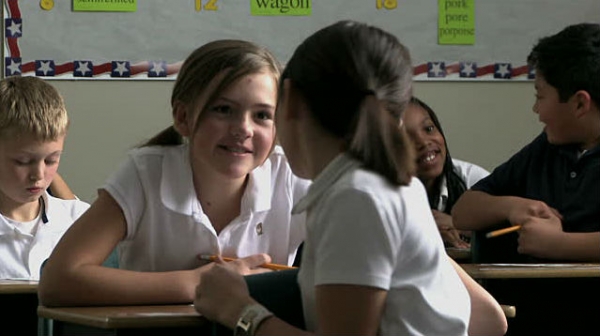He mentioned a number of cases in which he had to hire native English speaking teachers (even qualified teachers) whose results were poor. We also spoke about writing and journals for a while and agreed that most Spanish institutions have N and NN teachers who do an excellent job every day.
This Forum is about the issues that often go unnoticed, and still have a great impact on learners and teachers. For this Forum, I have had the great pleasure of working with people of five different nationalities. Ana Wu has a descriptive approach to the topic with valuable references that will surely challenge our readers. After that, Zoltán Dörnyei offers a picture of a Native (Hungarian) speaker in England. The third, and longer piece is by Robin Walker, the vice-president of TESOL Spain, whose conclusion is that it is time to close this longstanding matter. Additionally, this Forum includes the opinions and work of Camino Bueno (U. Pública Navarra), who is concerned about the current state of under-qualified English instructors in Spain, and Marlene Baeriswyl who provides interesting ideas for content EFL classes in Switzerland.
Call for Opinions
In the next issue, this column will address classroom management and the key issues that affect ESL / EFL daily teaching. This section is open to all those who have or want to express their thoughts. In September, there will be two longer essays (about 700 words) and hope to have some shorter writings (up to 300). It would be great to hear from different places all over the world (like in this very same issue). If you want to be heard, please write one 300-word essay (and, whenever possible, include ideas to cope with your problems) and send it the Forum editor. The TESL world is looking forward to sharing ideas and experiences that, quite often, are unique to each individual but similar across the world. In one word, we look forward to hearing from you.
Being a non-native speaker, I would like to thank the following people for their language and ideas feedback for this section Colin Elton Custard (Mangold Institute, Gandía, Spain), Thomas Speering (U. Politécnica de Valencia) and Luis G. Bejarano (Valdosta State University).
Dr. Jesús García Laborda







